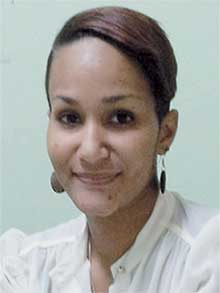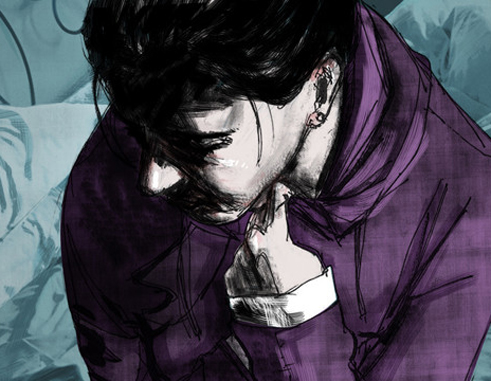
“Should I speak to someone… will it help?” “Will it be confidential, and is it even worth it?” “Can I afford it?”
When faced with trauma we often ask ourselves whether finding and using mental health support services is worth the effort. Oftentimes, it seems easier not to try finding help, and to deal with it on our own. Each of us deals with trauma in our own way and in our own time, but there are times when it can be too much to bare alone. There is nothing wrong in wanting to do it yourself, but always be aware that there is also nothing wrong in finding help. Surviving trauma, particularly trauma associated with sexual violence, leaves one with psychological scars, and often, finding help is the only way to start moving forward.
For the purposes of this article, I will use material from the book, “The Courage to Heal: A Guide for Women Survivors of Child Sexual Abuse” by Ellen Bass and Laura Davis as a guide.
We live in a culture that is slowly warming up to the idea of seeking professional help to deal with trauma. Still, there is a great deal of stigma attached to the idea of counseling and many find the concept of baring their soul, and sharing their secrets to another human being scary. I do understand the apprehension when deciding to share your secrets with someone you don’t know, hoping they understand what you’re saying and where you are coming from, and fearing that what you share will not be confidential. Those are all real fears and to be honest, it is a process. Some people are lucky to find that they are comfortable with the first person they approach for psychological help, while others go through a few people before finding the right fit for them. The hardest part is usually deciding to take the leap to not only find the source of professional help that suits you best, but also actually taking the step to start the process.
Let’s talk a bit about what seeking professional help looks like. There are various options available to you: in-person counseling with a trained counselor, online counseling with a trained counselor or joining a support group with a trained facilitator. Within the in-person counseling, there are various options. You can find a trained individual through an NGO, through the governmental agencies, or via a private organization. Never be afraid to ask for their credentials, how long they have been practicing, etc. You have every right to ensure that you feel comfortable with the individual you are entrusting your mental state and secrets too.
Therapy is about trusting the person across from you. It is about being comfortable and honest with them. Therapy is a joint partnership, where both you and your therapist work to ensure that you are getting the best help necessary within certain parameters determined by both of you. There are also online options for both one on one counseling sessions as well as support groups. The online counseling or support group option works pretty much the same way as in person, except with the added aspect of anonymity, which is something you have control over. Here again you should feel completely comfortable asking whatever questions you need to so that you feel comfortable. When you don’t feel comfortable with your counselor/therapist, you don’t share openly, which hinders the healing process. This is your life and the decision to disclose is yours; your comfort is of utmost importance.
The question and answer aspect of any counseling session allows you to decide if you feel comfortable with the individual, or if you would be more comfortable with someone else. Always remember that this is your process and what is best for you comes first. Support groups have the advantage of getting both the counseling and helping with a buddy system. It shows that you are not alone, that there are others who have been through something similar and can on some level understand what you are going through and act as an added support system through the healing process. There can be comfort in knowing that how you have been feeling, how you have been coping, and some of the thoughts running through your head have also been present in others around you. It can help you feel more grounded, less weak or scared by what you are thinking and feeling. It can also be very validating knowing that what you are feeling is normal for what you have been through.
Finding a counselor/therapist and a support system isn’t easy. It can be scary and difficult, and is often a process of trial and error, but when faced with a trauma, it is one of the best options to help in the recovery process. There are ways to start on your own; start writing it out, start talking about it, trying meditation, try exercise, try finding new hobbies, etc. While doing all of these things, don’t be too quick to disregard the therapeutic process and what it brings to the table. There are times when you will need to seek professional help. Don’t feel that it makes you weak because you are not. It takes tremendous strength to share what you have been through and how you have been affected by your experience. Give yourself that. You are doing what is best for you, what you need to do to become whole and better again. You have survived a traumatic experience; you may have no support and you may be doing the best you can to get through the days one at a time. There is nothing wrong in seeking a trained individual to help you understand how your mind has been affected by the trauma you have lived through.
If you are interested in finding out more information about sexual violence and what you can do as part of this community, please feel free to contact Prosaf.













